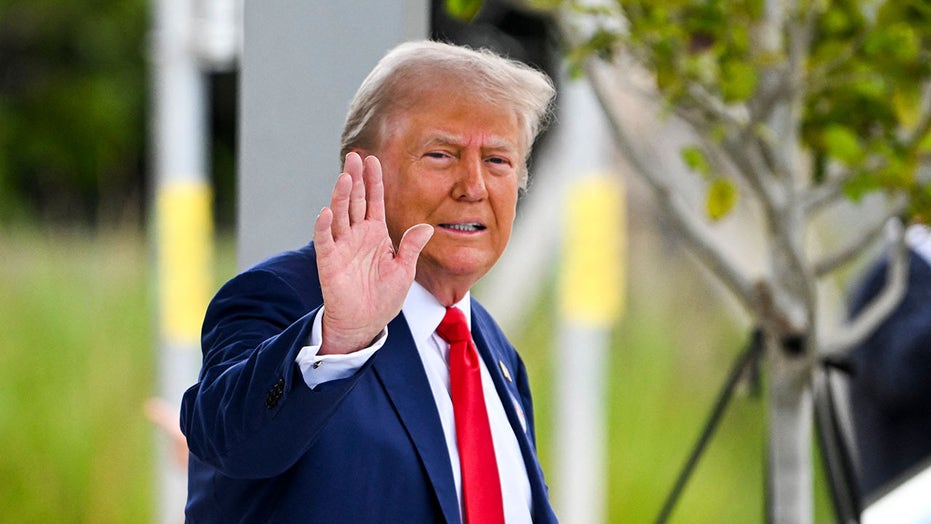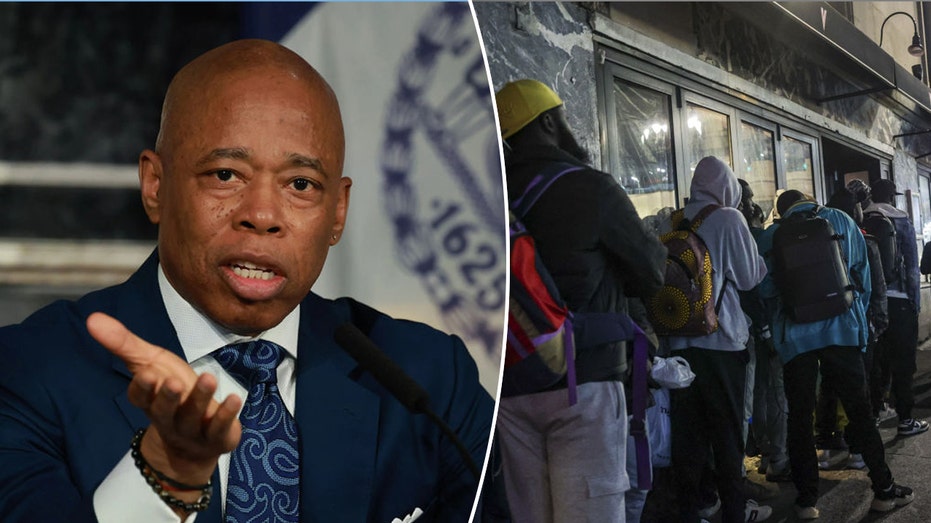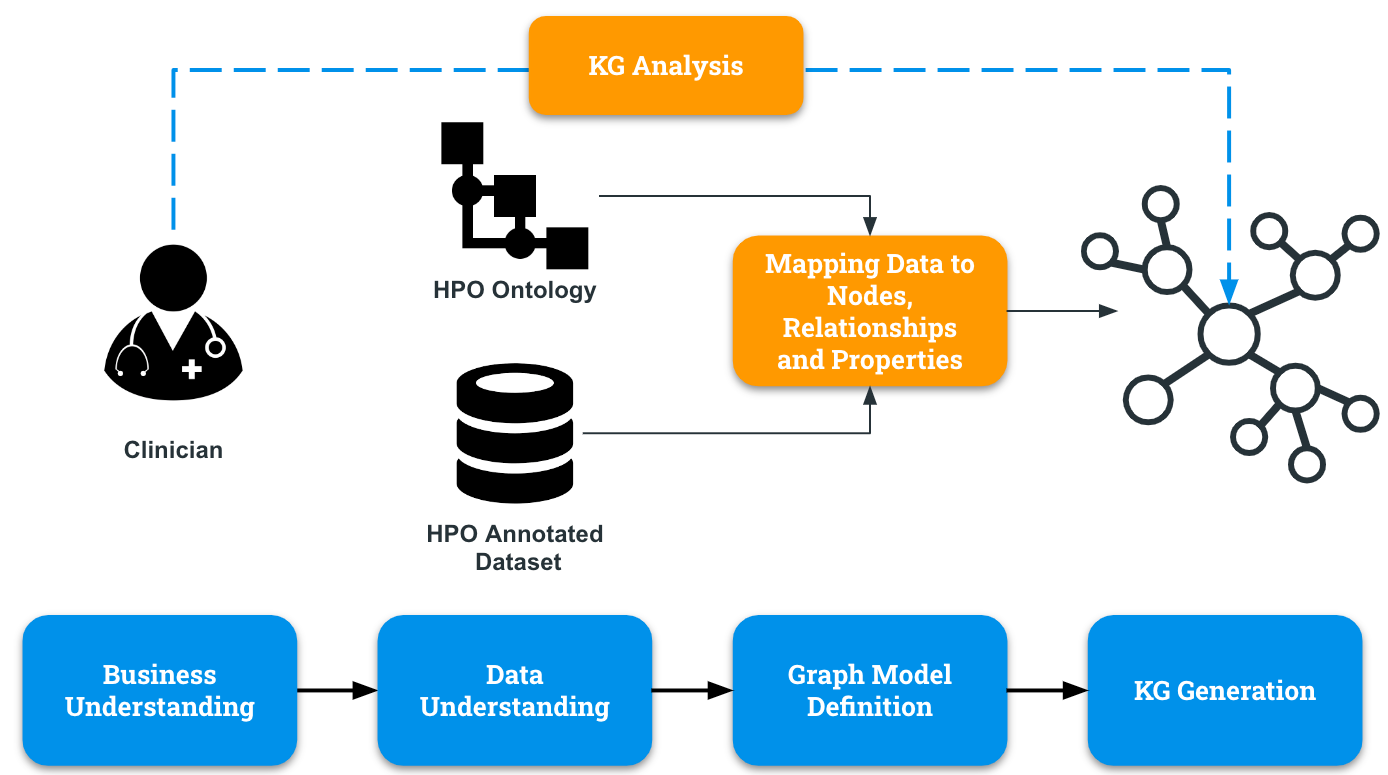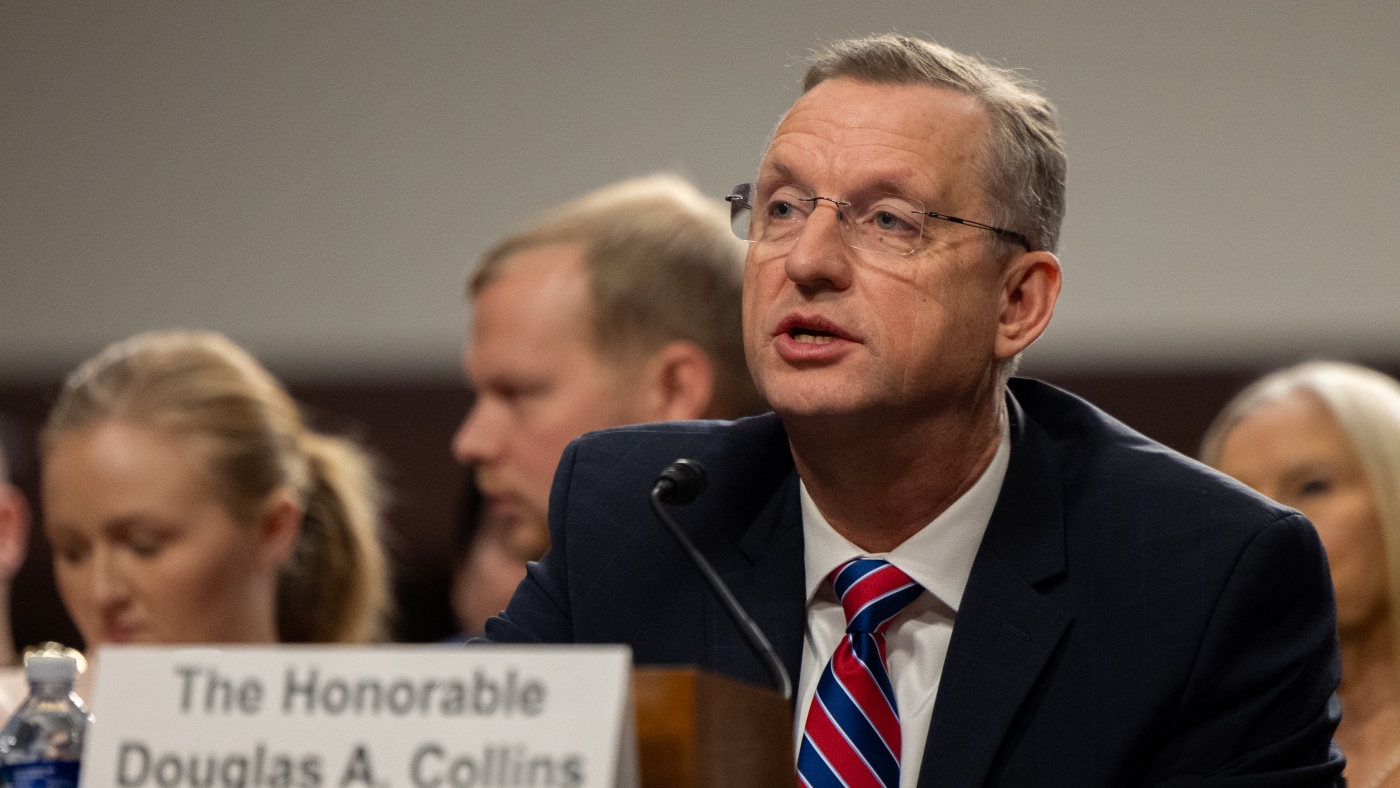At inauguration, Donald Trump’s agenda comes to light
The agenda Trump laid out today is a relatively popular one, and Democrats would be wise to find a way to work with the president to enact much of it.

Donald Trump’s speech yesterday was very different than his speech eight years ago. Back then, Trump’s words were dark, bitter, and in many ways, angry. Now, however, even while presenting his view of an America in decline, Trump appealed to Americans' best instincts.
In that same vein, the newly inaugurated president focused heavily on unity, American strength and prosperity, as well as the common values that define our country.
It’s hard, as a citizen and a Democrat — albeit not an extreme partisan — to be anything but pleased by the tone of Trump’s speech. Yet his calls for unity, which I took to be sincere, were also marked by repeated attacks on the Biden administration. Further, there was a clear sense that Trump’s own personal circumstances, including the assassination attempt and the multiple prosecutions, have profoundly informed his views.
Rhetoric aside, the agenda Trump laid out yesterday is a relatively popular one, and Democrats would be wise to find a way to work with the president to enact much of it.
Polling released this weekend showed that much of what Trump focused on, such as immigration, inflation, and national security will be met with enthusiasm.
Indeed, , according to New York Times polling, nearly 9 in 10 (87 percent) support deporting illegal immigrants with criminal records. A majority (55 percent) support blanket deportations of anyone here illegally.
The same poll suggested that Americans largely agree (72 percent) with Trump’s repeated assertions that the government and economy largely benefit a select group of elites at the expense of average Americans.
Even Trump’s more isolationist-leaning agenda is well supported. Sixty percent of respondents believe the U.S. should pay less attention to global issues and instead, concentrate on issues at home.
To that end, Trump’s repeated promises to end foreign wars — without directly mentioning Ukraine — will likely be well-received. His promise to continue working to bring the Israeli hostages home drew bipartisan applause, including from President Joe Biden and Vice President Kamala Harris.
But this was not a call for Democrats to work with Republicans to find common ground, or to seek a new spirit of cooperation and conciliation. Rather, it was probably the most articulate elaboration of Trump's "Make America Great Again" agenda that I have heard to date.
As the above-mentioned poll underscores, Trump’s agenda, as described in his inaugural speech, will almost certainly be well received. It is hard to imagine Americans disapproving of Trump’s calls to reclaim the Southern border, lower inflation, protect our economy from predatory nations like China, or combat crime.
And his evocation of America’s “manifest destiny,” with references to Americans’ pioneering and ambitious roots, clearly speaks to common themes that have historically animated us.
At the same time, I would hope that Democrats will make an effort to work with Trump in a way that some, including Sens. Elizabeth Warren (D-Mass.), John Fetterman (D-PA) and House Minority Leader Rep. Hakeem Jeffries (D-N.Y.), have done.
This may not be as strong of an invitation to cooperation as I would have hoped. But the recognition of areas of common ground leaves open the possibility to achieve what Trump so eloquently spoke of today: making these the best four years in our nation’s history.
I remain skeptical that we will achieve high levels of cooperation or conciliation. But I also hope that congressional leaders work toward that goal, particularly given the narrow Republican majorities in the House of Representatives and Senate.
For now, I think it is important for those of good will, in both parties, to recognize that Trump has made a real attempt to reach out to a clear majority of the American people, with policies and an agenda that were ratified in the election.
It is my hope that both the incoming Trump administration and congressional Democrats are able to move past bitterness that was evident to the last, including some of Biden’s final pardons.
To be clear, both sides are responsible for moving the country forward, even as they are both responsible for the current polarized environment we find ourselves in.
Biden’s pardons for family and former officials undermine the concept of politically neutral application of justice, as much as Trump’s expansive pardons and commutations for Jan. 6 defendants.
But let’s hope we can move forward, collectively and constructively, to implement Trump’s agenda in a way that allows for the parties to cooperate, and the broad mass of the American people can similarly embrace it, beyond the 50 percent that voted for Trump.
While we hope and pray that comes to pass, for today, there is undoubtedly reason for cautious optimism.
Douglas E. Schoen is a political consultant and the founder and partner at Schoen Cooperman Research. His latest book is “The End of Democracy? Russia and China on the Rise and America in Retreat.”
What's Your Reaction?











































![AI in elementary and middle schools [NAESP]](https://dangerouslyirrelevant.org/wp-content/uploads/2025/01/NAESP-Logo-Square-1.jpg)










![Trump’s FAA Shake-Up: DEI Gone, But Safety Questions Remain [Roundup]](https://viewfromthewing.com/wp-content/uploads/2024/01/DALL·E-2024-01-24-12.35.35-A-wider-view-of-an-overworked-air-traffic-controller-in-a-control-tower-captured-from-a-side-angle.-The-controller-is-visibly-stressed-with-sweat-on.png?#)




























